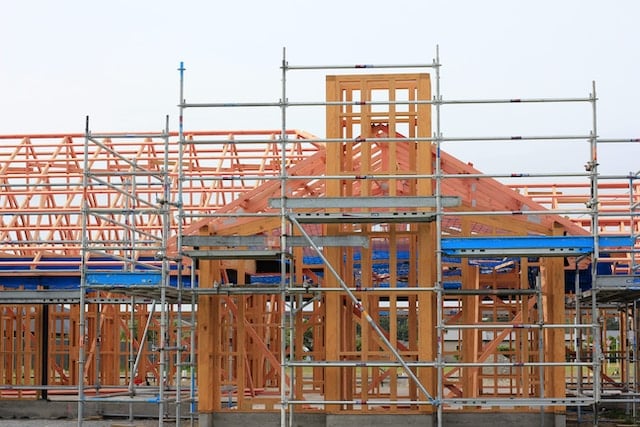
The Impact Of Brexit On The Housing Market
While it looked like a deal may not happen, the UK finally left the EU after a last-minute Christmas Eve trade deal. Now we are on the other side; it is time to consider what will happen to the housing market.
During the transition period, the predicted crash in property prices never really materialised, although there has been a readjustment to counter confidence in the South East and London. The housing market’s performance so far has been good news for homeowners worried about venturing into negative equity. For now, demand continues to exceed supply, and while this continues, house prices will rise.
The Impact On Development Finance
The property market has always been seen as a safe haven and leading form of property development finance, particularly in times of economic uncertainty, such as that created by the referendum or a snap General Election. The UK housing market consistently offers stability and security for medium and long-term investments. It is recognised as more reliable than investing in bonds, shares, and stocks, which is all good news for property investors and developers.
Brexit may have created a weakness in the Pound, but this encourages foreign investment in residential and commercial property. As such, house prices have continued to rise steadily since pre-referendum times. Statistics from the UK House Price Index show that as of November 2020, house prices have risen by 7.6% compared to the previous year.
It is fair to say that the COVID-19 epidemic has so far impacted the housing market more significantly than Brexit. The first national lockdown saw housing transactions drop to 40,000 in April 2020. As restrictions were eased, transactions rose to 100,000 in October 2020.
Since the summer of 2020, various factors have fuelled activity in the housing market. Low mortgage rates and bridging loan rates have facilitated activity from private owners, property investors, and developers.
Looking To The Future
Looking into the future, there is nothing to suggest that the Brexit housing market will see the growth in property prices stall. Another national lockdown continues to drive sales as people search for better lockdown experiences. The current stamp duty holiday, introduced to support buyers during the epidemic, has reduced the tax buyers must pay and will continue to have a positive effect until the holiday ends on March 31st, 2021. The housing market will likely see fewer transactions in April and May 2021, when normal stamp duty levies return.
During 2020, one in five households in the UK were part of the private rented sector. This number is expected to rise to one in four by the end of 2021. This reflects the desire of more middle-aged and retirees opting for lifestyle flexibility, which is good news for landlords and developers converting properties into HMOs (House in Multiple Occupation).
All indications so far are that the UK’s housing market is safe, property prices will rise, and the number of renters will increase.





